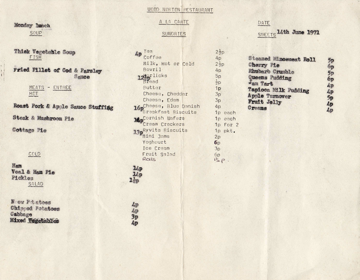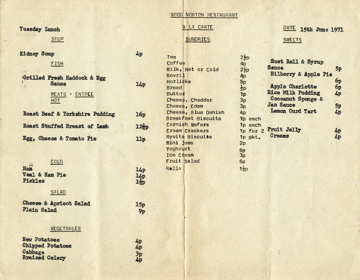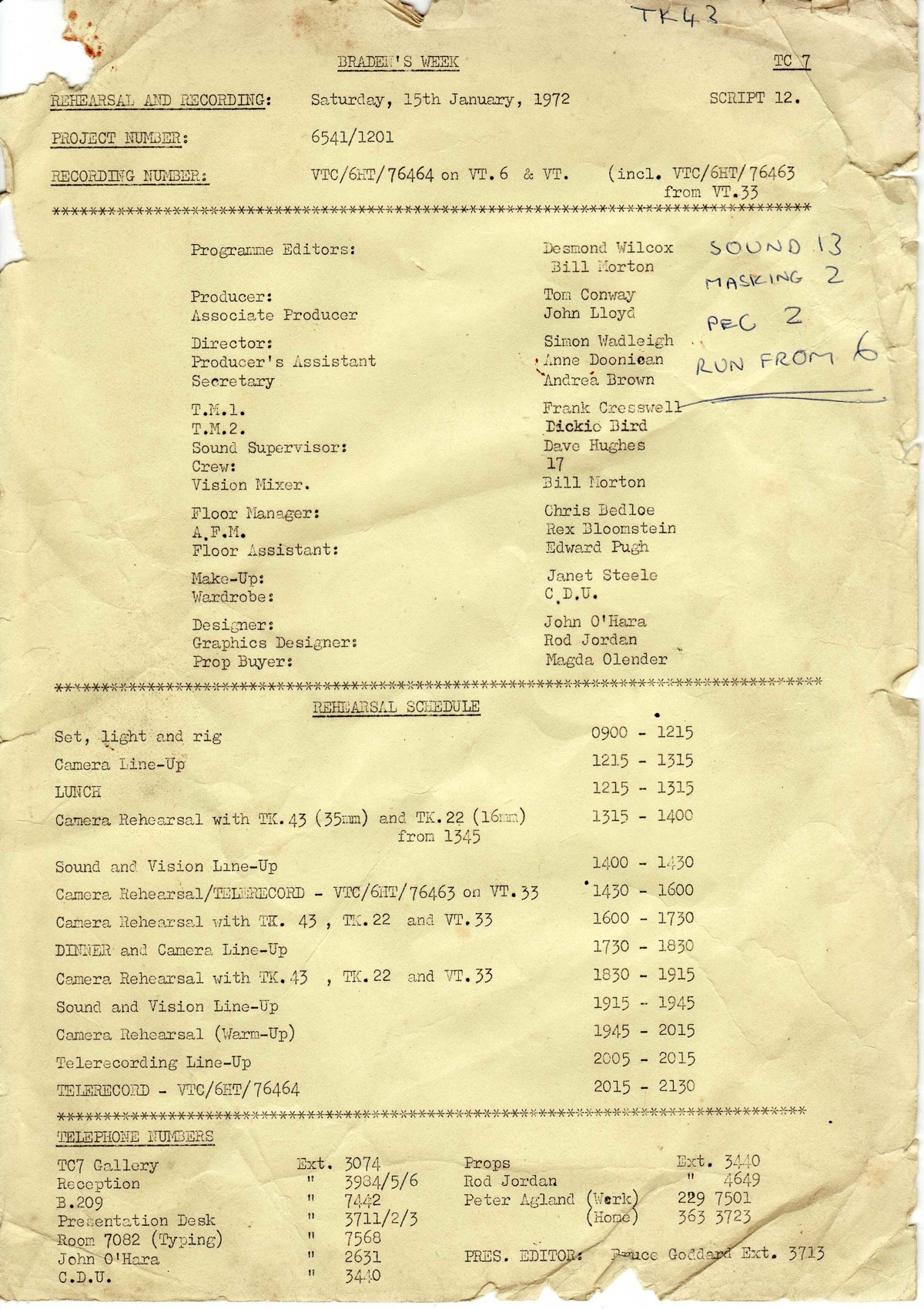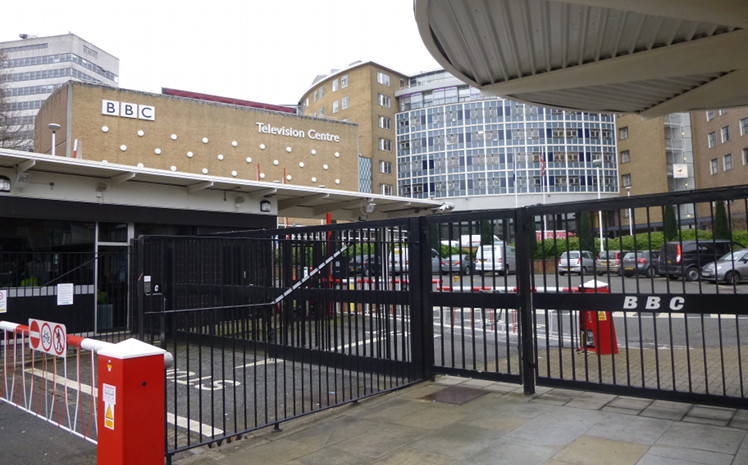Here’s a nice little find: a good quality version of the second title sequence to BBC political programme On The Record, from 1993:
The clip was uploaded by one of the creators, Stephanie Chappell:
“This was designed and directed by me and my fellow designer Dimitri Kevgas. It turned out to be one of the longest running titles on the BBC – running over 11 years until the programme was retired in 2004.1
We created a story for the UK political animal – the crocodile based on one of the gargoyles at Westminster. Because we were moving into the EU in the early 90s, we sent the crocodile on a journey, reflecting the interaction with his European allies. The whole project took 3 months to complete – with 1 month of solid single frame animation covering a second of the sequence each day.”
Here’s my question: could you ever imagine a political programme commissioning such a title sequence today? A piece of stop motion animation which took three months to create from beginning to end? I can’t. The money for such luxuries has long gone.
And this is the kind of thing I mean when I say: a lot of TV looks cheaper these days.
Oh, sure, there are endless newspaper columns and blog posts going on about the current golden age of television, and I’m not going to sneer at shows like Killing Eve. But they aren’t the only kinds of television there is. And over the years, imperceptibly at first, huge swathes of TV has been squeezed. Sometimes fundamentally: we’ve all read endless stories about the lack of rehearsal time on the soaps even compared to the 90s. And sometimes just with the fun stuff at the edges.
Because of course: On The Record didn’t need those opening titles, per se. But they did set a certain… tone. TV’s no fun if you cut everything to the bare bone. Television shouldn’t just be utilitarian, in the same way that your dinner shouldn’t just be about nutrition. Blockbusters didn’t need this glorious set of titles, but surely we can all agree it’s brilliant that they did… and also agree that there’s not a chance in hell they would ever be made now.
When I think back to my memories growing up with television, it’s often that fun stuff on the edges I remember the most. When TV just goes all-out on something beautiful, brilliant, and a bit mad, just because it can. Like, for instance, spending three months on a stop motion animation sequence of the Palace of Westminster acting like a crocodile and taking a short holiday around Europe. When budgets shrink, that stuff is the first thing to go. And I miss it like hell. 2
I’m not particularly pinning blame on programme-makers here. They do the best with the resources available. Nor is this really the place for my long, uninformed thesis on how to fix television. I’m just saying, for all the talk about the current golden age of TV… it’s worth remembering some of the fun stuff we’ve lost, just because it has the temerity not to be a “premium” drama.
A bit of theatrical sparkle shouldn’t be restricted to a narrow set of programming.
This is incorrect, in fact: the last ever episode of On The Record was broadcast on the 15th December 2002. ↩
I love this argument too, from Dave Jeffery: “To me, commissioning titles like that is the BBC supporting and promoting the arts in a way that is just as important as supporting an orchestra or composer. Similarly the BBC should do things like commission sculptures or murals for its buildings.” ↩




